Since dengue mosquitoes generally bite in the morning time, chances of people getting infected at work place, school or colleges are more.
The Brihanmumbai Municipal Corporation (BMC) has come up with an innovative way to deal with aedes aegypti mosquitoes responsible for spreading dengue. According to a report collected by BMC's health department, it was found that majority of people getting dengue are in the age group of 13-45. Hence, the civic body has decided to target offices, schools and colleges to find the breeding sites for mosquitoes.
According to health officials, since dengue mosquitoes generally bite in the morning time, chances of people getting infected at work place, school or colleges are more.
Talking about the development, Dr Mini Khetrapal, BMC's epidemiology cell in-charge, said: "We are targetting work places, colleges and schools in the wards that is witnessing more dengue cases. For instance, G/South Ward-Worli, Prabhadevi area is one of the few wards where high number of dengue cases has been reported." According to the BMC's dengue report, out of 469 people tested positive for dengue this year, 356 are in the age group of 13-45. "We have a ward level team who will approach the human resource departments of the offices and spread awareness on how aedes aegypti mosquito breeds indoors. We want Mumbaikars to be proactive and ensure there is no fresh stagnant water at their home or society. Our team plans to approach HR personnel, school and college principals to ensure their premises have no breeding sites," said Khetrapal.
Breeding spots for aedes mosquito — carrier of dengue virus — are found in mini-fountains, feng-shui plants and artificial ponds.
Dr Vasant Nagwekar, infectious disease expert at Lilavati hospital, said: "Dengue patients come with high fever that lasts for 5-7 days. Compared to last year, we are getting dengue patients with more deranged liver parametres. They are mimicking like hepatitis but it is just dengue infection." There was a total turnover of 2,496 patients with suspected dengue and dengue like symptoms admitted from all municipal and public sector hospital between September 1 to September 20. Majority of the patients have been cured and discharged from hospitals. The city has reported three dengue deaths this year so far. The BMC has decided to spend Rs 33,18,100 for a span of 30 days on spreading awareness on malaria and dengue on radio.
How does dengue spread?
Dengue is transmitted when an aedes mosquito — infected with any one of the four dengue viruses — bites a person. The dengue fever is a febrile illness that affects infants, young children and adults, and occurs in tropical and sub-tropical regions of the world. Symptoms appear three to 14 days after the bite. Symptoms range from mild fever to an incapacitating high fever, with severe headache, muscle and joint pain, and rash. There are no specific antiviral medicines for dengue. It is important to maintain hydration. Early clinical diagnosis and careful clinical management by experienced physicians and nurses increase survival of patients
Dos and Don'ts
1. Ensure your house doesn't become a breeding site for mosquitoes
2. Change water of ornamental plants and flower vases in your house every alternate day
3. Ensure no water is collected in garden drains, roof gutters and sun shades
4. Add pesticides to stagnant water
5. Cover all containers used for storing water
![submenu-img]() Ganesh Chaturthi 2024 shubh muhurat: Check city wise puja timings, visarjan date, and bhog for Ganpati Bappa
Ganesh Chaturthi 2024 shubh muhurat: Check city wise puja timings, visarjan date, and bhog for Ganpati Bappa![submenu-img]() 'Leaders in Delhi never liked me…’ Omar Abdullah alleges poll 'conspiracy'
'Leaders in Delhi never liked me…’ Omar Abdullah alleges poll 'conspiracy'![submenu-img]() Boney Kapoor announces new film, its title has a Mr India connect: 'Probably by December we...'
Boney Kapoor announces new film, its title has a Mr India connect: 'Probably by December we...'![submenu-img]() Meet actress, who worked for 17 hours straight on toxic sets, her mental health was affected, left industry, is now...
Meet actress, who worked for 17 hours straight on toxic sets, her mental health was affected, left industry, is now...![submenu-img]() Over 200 Patients celebrate freedom from diabetes in Madhavbaug's nationwide campaign 'Azadi Diabetes Se'
Over 200 Patients celebrate freedom from diabetes in Madhavbaug's nationwide campaign 'Azadi Diabetes Se'![submenu-img]() Lucknow में भरभराकर गिरी 3 मंजिला इमारत, मलबे में कई लोगों के दबे होने की आशंका, CM योगी ने लिया संज्ञान
Lucknow में भरभराकर गिरी 3 मंजिला इमारत, मलबे में कई लोगों के दबे होने की आशंका, CM योगी ने लिया संज्ञान![submenu-img]() Manipur Violence: मणिपुर हिंसा में अभी तक 5 लोगों की मौत, आतंकियों के 3 बंकर किए गए ध्वस्त
Manipur Violence: मणिपुर हिंसा में अभी तक 5 लोगों की मौत, आतंकियों के 3 बंकर किए गए ध्वस्त![submenu-img]() पाकिस्तान ने पहली बार कबूली कारगिल युद्ध में अपनी भागीदारी, जानें आर्मी चीफ मुनीर ने क्या कहा
पाकिस्तान ने पहली बार कबूली कारगिल युद्ध में अपनी भागीदारी, जानें आर्मी चीफ मुनीर ने क्या कहा![submenu-img]() कोलकाता के RG कर हॉस्पिटल में फिर से हंगामा, युवक की मौत के बाद परिवार ने लगाए गंभीर आरोप
कोलकाता के RG कर हॉस्पिटल में फिर से हंगामा, युवक की मौत के बाद परिवार ने लगाए गंभीर आरोप![submenu-img]() Crime news: सैकड़ों बार अजनबियों से अपनी पत्नी का रेप करवाता रहा हैव��ान पति, कई बार तो HIV पीड़ितों ने भी बुझाई हवस
Crime news: सैकड़ों बार अजनबियों से अपनी पत्नी का रेप करवाता रहा हैव��ान पति, कई बार तो HIV पीड़ितों ने भी बुझाई हवस ![submenu-img]() DNA Auto Awards 2024: Maruti Suzuki Swift nominated for ‘CAR OF THE YEAR’; check price, features
DNA Auto Awards 2024: Maruti Suzuki Swift nominated for ‘CAR OF THE YEAR’; check price, features![submenu-img]() DNA Auto Awards 2024: Hyundai Alcazar Facelift nominated for ‘CAR OF THE YEAR’; check details
DNA Auto Awards 2024: Hyundai Alcazar Facelift nominated for ‘CAR OF THE YEAR’; check details![submenu-img]() Hyundai Creta Knight Edition launched in India: Check price, features, design
Hyundai Creta Knight Edition launched in India: Check price, features, design![submenu-img]() DNA Auto Awards 2024: Citroen Basalt nominated for ‘CAR OF THE YEAR’; check price, features
DNA Auto Awards 2024: Citroen Basalt nominated for ‘CAR OF THE YEAR’; check price, features![submenu-img]() DNA Auto Awards 2024: Tata Curvv nominated for ‘CAR OF THE YEAR’; check price, features
DNA Auto Awards 2024: Tata Curvv nominated for ‘CAR OF THE YEAR’; check price, features![submenu-img]() UPSC topper IAS Shruti Sharma's marksheet goes viral on social media, check her scores in different subjects
UPSC topper IAS Shruti Sharma's marksheet goes viral on social media, check her scores in different subjects![submenu-img]() Meet man, who lost his mother in childhood, worked as milk seller, cracked NEET exam with AIR...
Meet man, who lost his mother in childhood, worked as milk seller, cracked NEET exam with AIR...![submenu-img]() Meet man who failed 35 exams, cracked UPSC exam twice, first became IPS then quit due to...
Meet man who failed 35 exams, cracked UPSC exam twice, first became IPS then quit due to...![submenu-img]() Meet man, who was forced into child marriage at 11, cracked NEET exam with AIR...
Meet man, who was forced into child marriage at 11, cracked NEET exam with AIR...![submenu-img]() Meet woman who cracked UPSC exam in first attempt without coaching at 22, got AIR 31, she is now posted as…
Meet woman who cracked UPSC exam in first attempt without coaching at 22, got AIR 31, she is now posted as…![submenu-img]() Mumbai: Fire Breaks Out At Times Tower In Mumbai, 9 Fire Units Deployed
Mumbai: Fire Breaks Out At Times Tower In Mumbai, 9 Fire Units Deployed![submenu-img]() 'Dharavi Project Is About Restoring Dignity...', Says Gautam Adani | Dharavi Redevelopment Project
'Dharavi Project Is About Restoring Dignity...', Says Gautam Adani | Dharavi Redevelopment Project![submenu-img]() Kolkata Doctor Case: CBI Visits RG Kar, Seizes Documents On Funds Used During Sandip Ghosh’s Tenure
Kolkata Doctor Case: CBI Visits RG Kar, Seizes Documents On Funds Used During Sandip Ghosh’s Tenure![submenu-img]() Giriraj Singh Attacked: Union Minister Giriraj Singh Assaulted In Begusarai, Bihar; Accused Arrested
Giriraj Singh Attacked: Union Minister Giriraj Singh Assaulted In Begusarai, Bihar; Accused Arrested![submenu-img]() Haryana Assembly Election 2024: Haryana Assembly Election Date Changed, Check Details Here
Haryana Assembly Election 2024: Haryana Assembly Election Date Changed, Check Details Here![submenu-img]() Mukesh Ambani set to challenge Adani, ITC with his Rs 3900 crore plan for...
Mukesh Ambani set to challenge Adani, ITC with his Rs 3900 crore plan for...![submenu-img]() NPCI launches 'UPI circle', check what it is and how it works
NPCI launches 'UPI circle', check what it is and how it works![submenu-img]() Mukesh Ambani's Reliance Jio to give tough competition to BSNL with this plan, it offers 5G data at just Rs...
Mukesh Ambani's Reliance Jio to give tough competition to BSNL with this plan, it offers 5G data at just Rs...![submenu-img]() This company repays Rs 20000 crore debt for... and it has a Ratan Tata connection
This company repays Rs 20000 crore debt for... and it has a Ratan Tata connection![submenu-img]() Meet woman, billionaire's daughter, who studied in London, now leads Rs 1124 crore company as...
Meet woman, billionaire's daughter, who studied in London, now leads Rs 1124 crore company as...![submenu-img]() From Cristiano Ronaldo to Virat Kohli: List of highest-paid athletes in last 12 months
From Cristiano Ronaldo to Virat Kohli: List of highest-paid athletes in last 12 months![submenu-img]() Meet actor who worked as waiter, sold tea, namkeen for 14 years, debuted in Bollywood at 42; now his net worth is...
Meet actor who worked as waiter, sold tea, namkeen for 14 years, debuted in Bollywood at 42; now his net worth is...![submenu-img]() Parents-to-be Deepika Padukone, Ranveer Singh seek blessings at Siddhivinayak with families days before baby's arrival
Parents-to-be Deepika Padukone, Ranveer Singh seek blessings at Siddhivinayak with families days before baby's arrival![submenu-img]() Gout remedies: 7 natural ways to lower uric acid levels in the body
Gout remedies: 7 natural ways to lower uric acid levels in the body ![submenu-img]() Active players with most centuries in international cricket
Active players with most centuries in international cricket ![submenu-img]() 'Leaders in Delhi never liked me…’ Omar Abdullah alleges poll 'conspiracy'
'Leaders in Delhi never liked me…’ Omar Abdullah alleges poll 'conspiracy'![submenu-img]() Over 200 Patients celebrate freedom from diabetes in Madhavbaug's nationwide campaign 'Azadi Diabetes Se'
Over 200 Patients celebrate freedom from diabetes in Madhavbaug's nationwide campaign 'Azadi Diabetes Se'![submenu-img]() 'When we were dragged on roads...': Wrestler Vinesh Phogat slams BJP
'When we were dragged on roads...': Wrestler Vinesh Phogat slams BJP![submenu-img]() India emerges as second-largest global 5G smartphone market, overtakes...
India emerges as second-largest global 5G smartphone market, overtakes...![submenu-img]() Union Home Minister Amit Shah releases BJP manifesto for J&K assembly elections
Union Home Minister Amit Shah releases BJP manifesto for J&K assembly elections
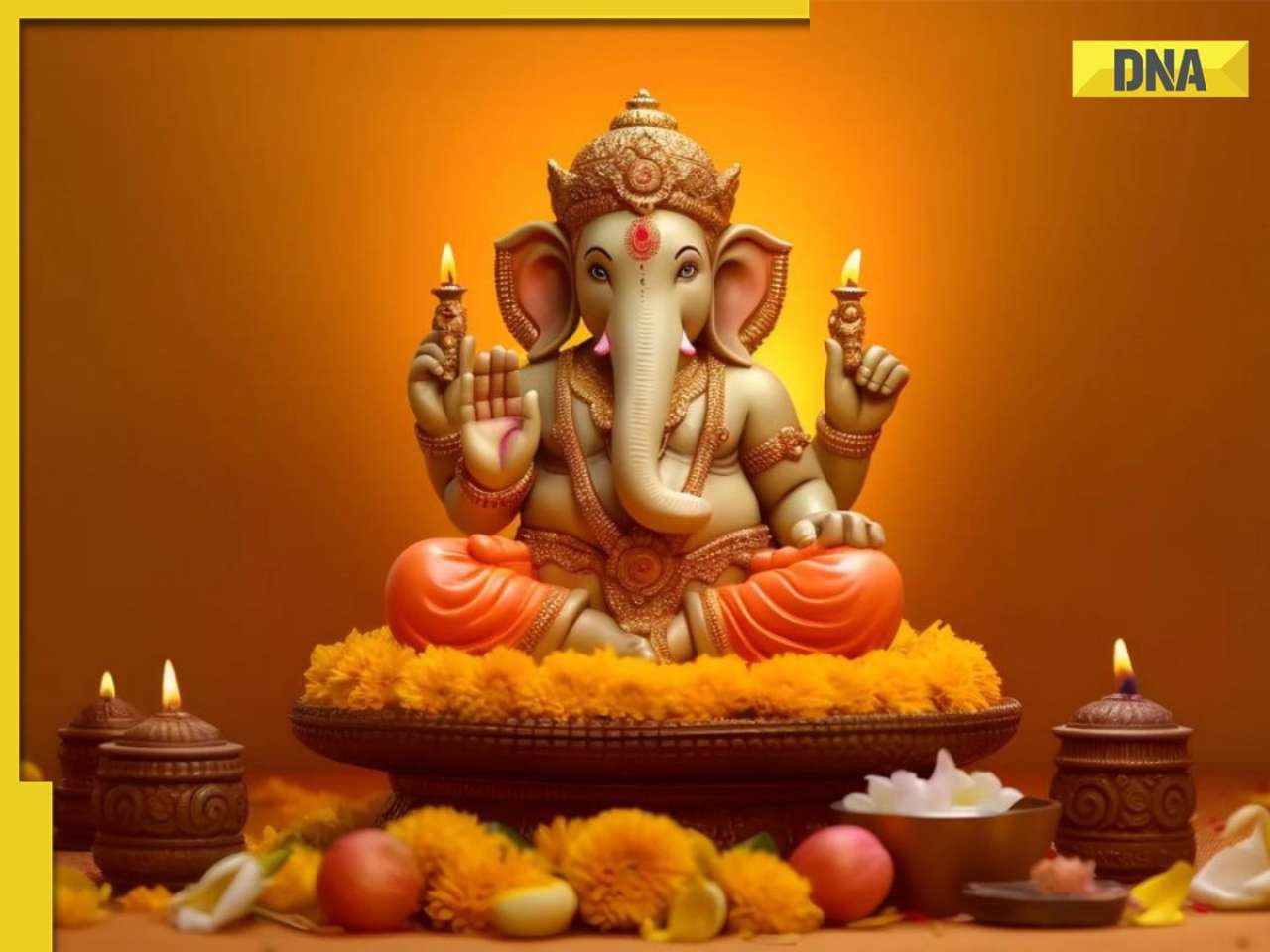
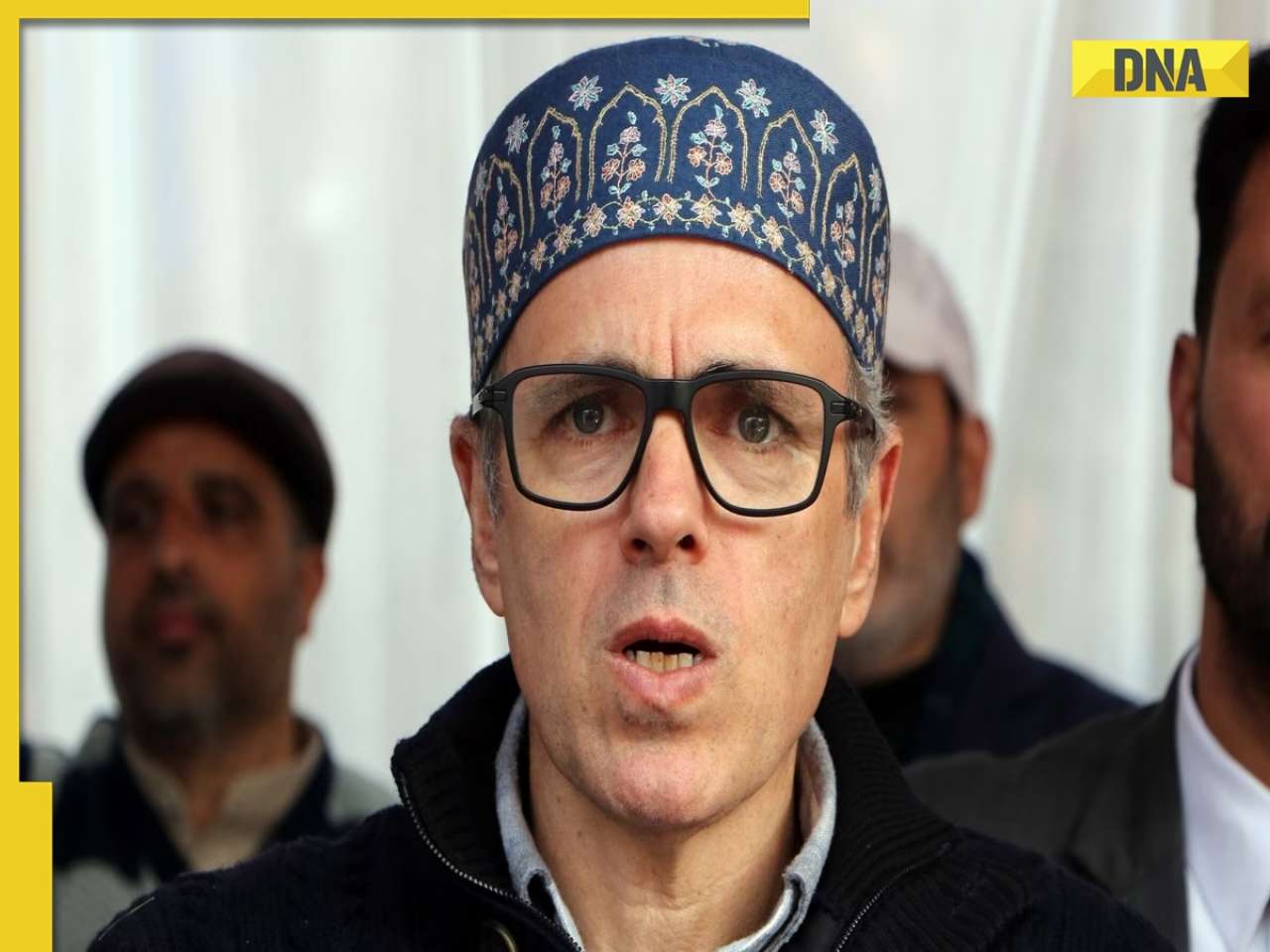


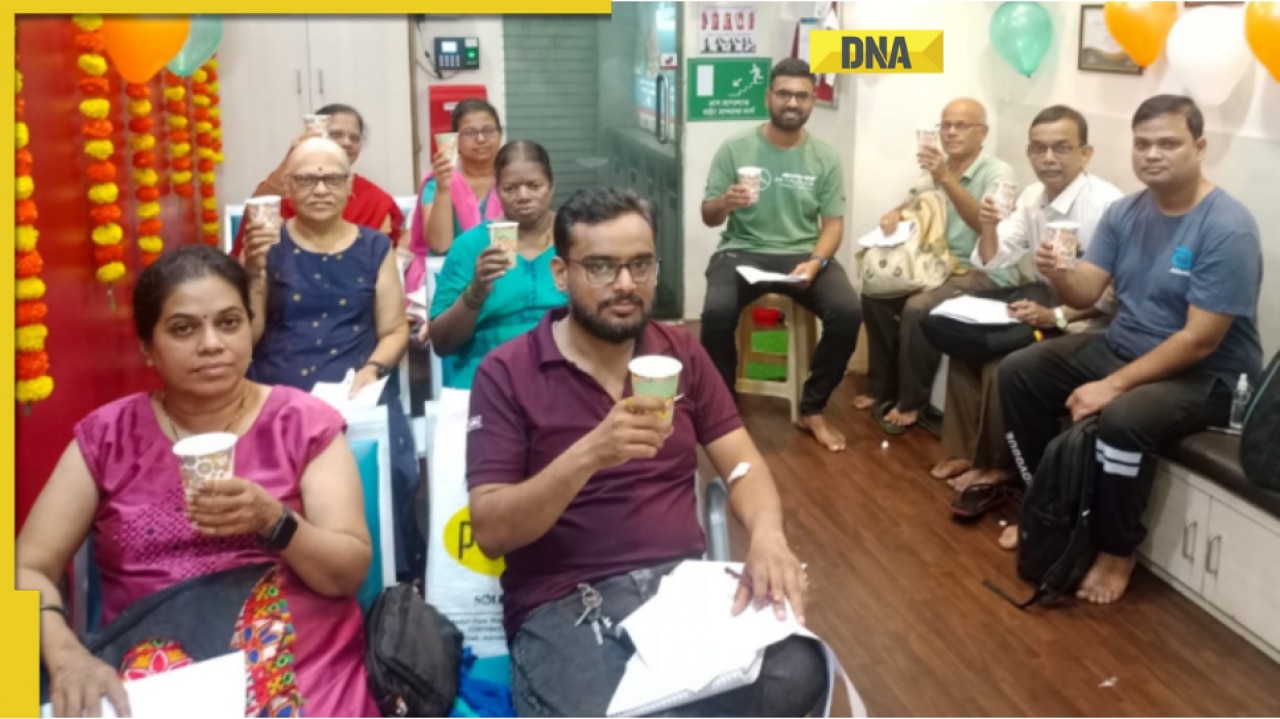





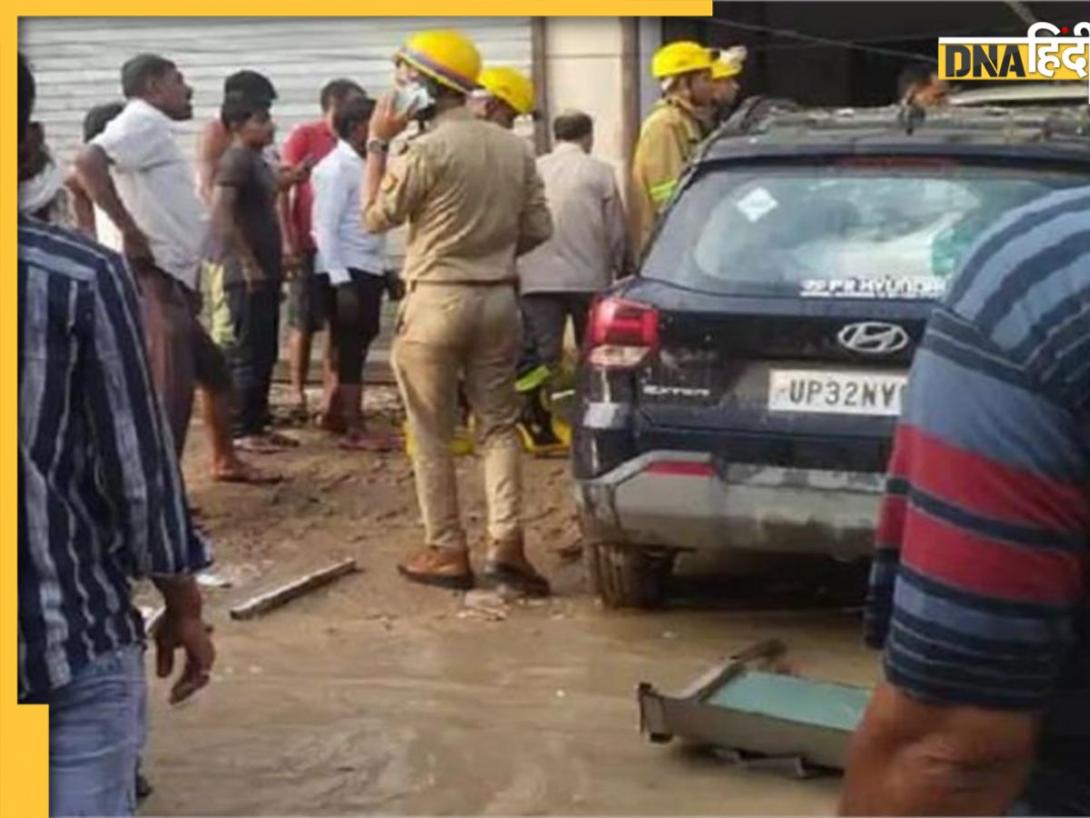
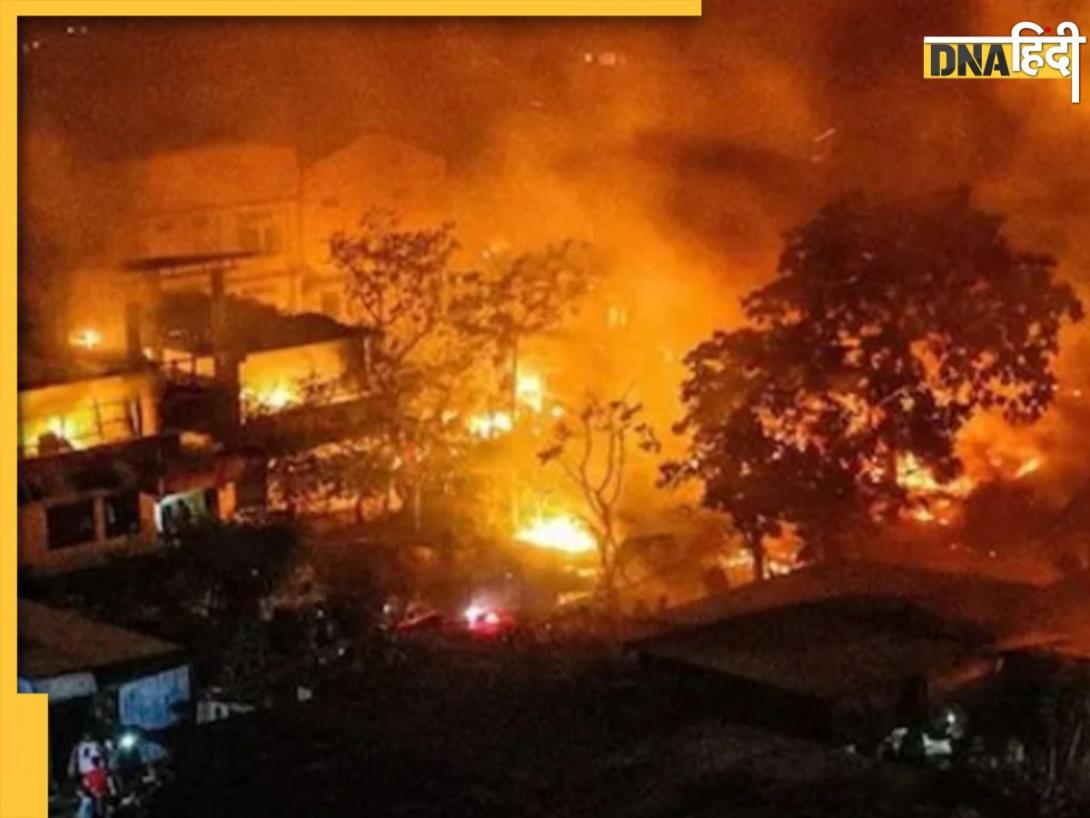

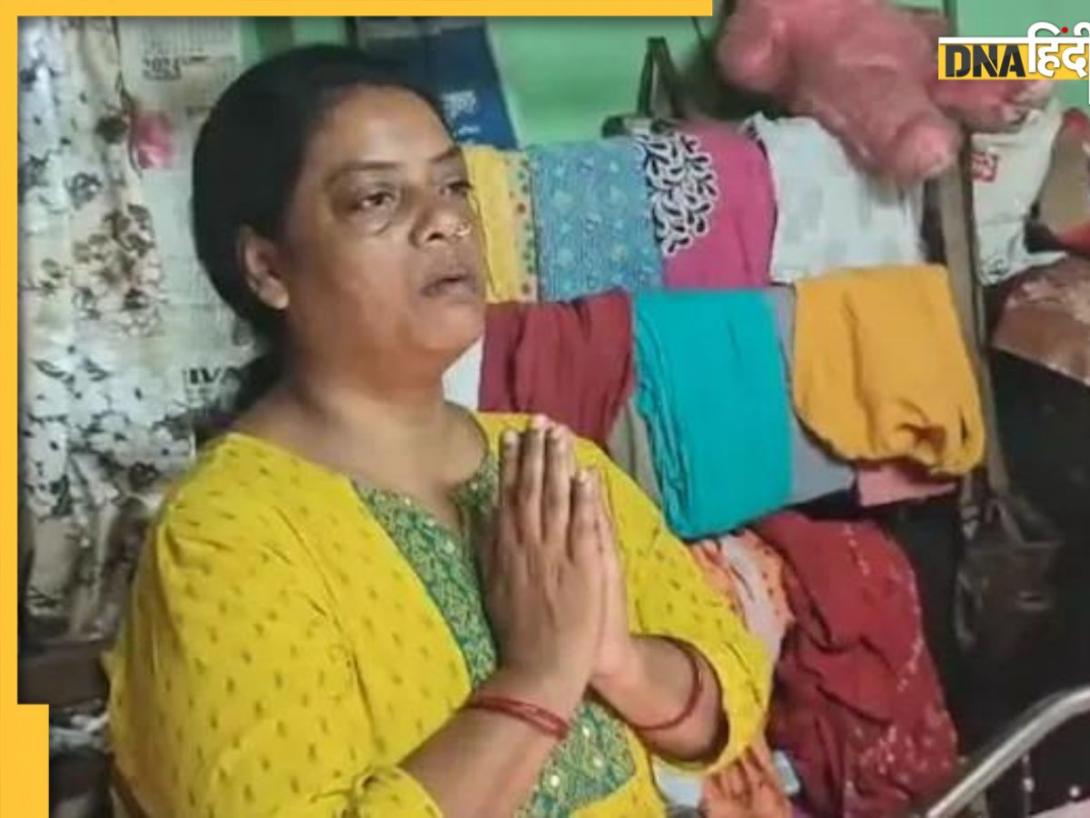
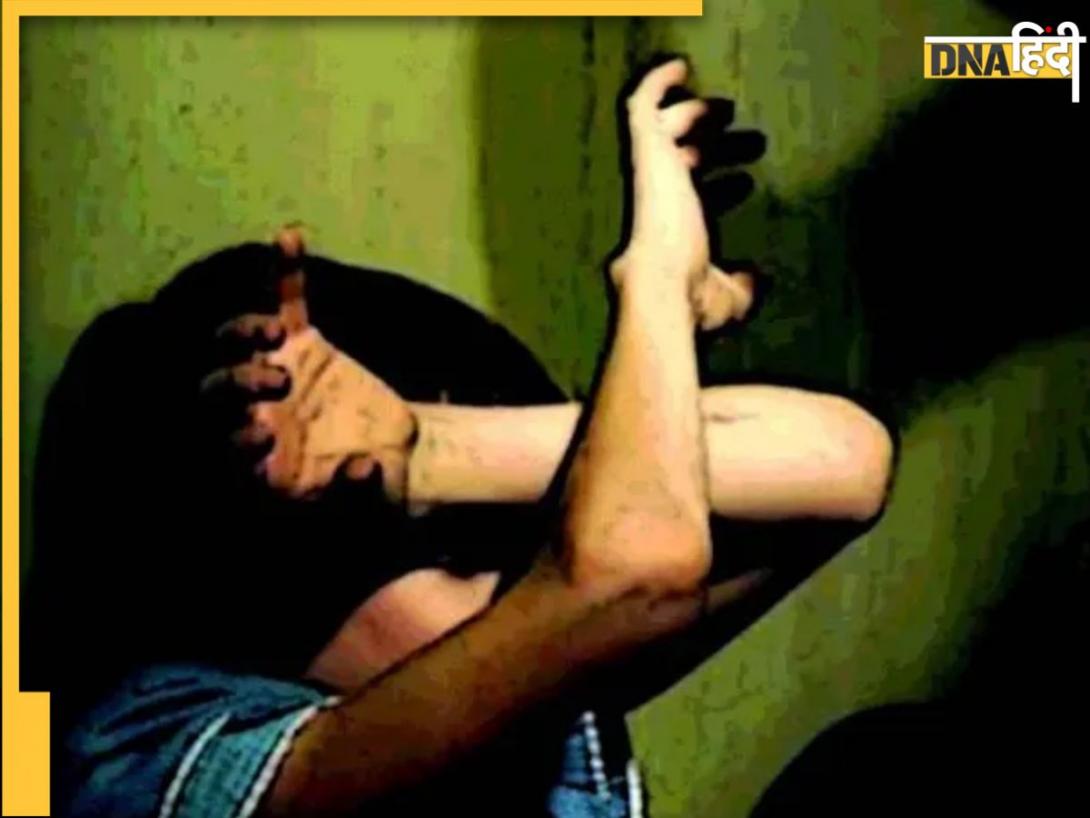





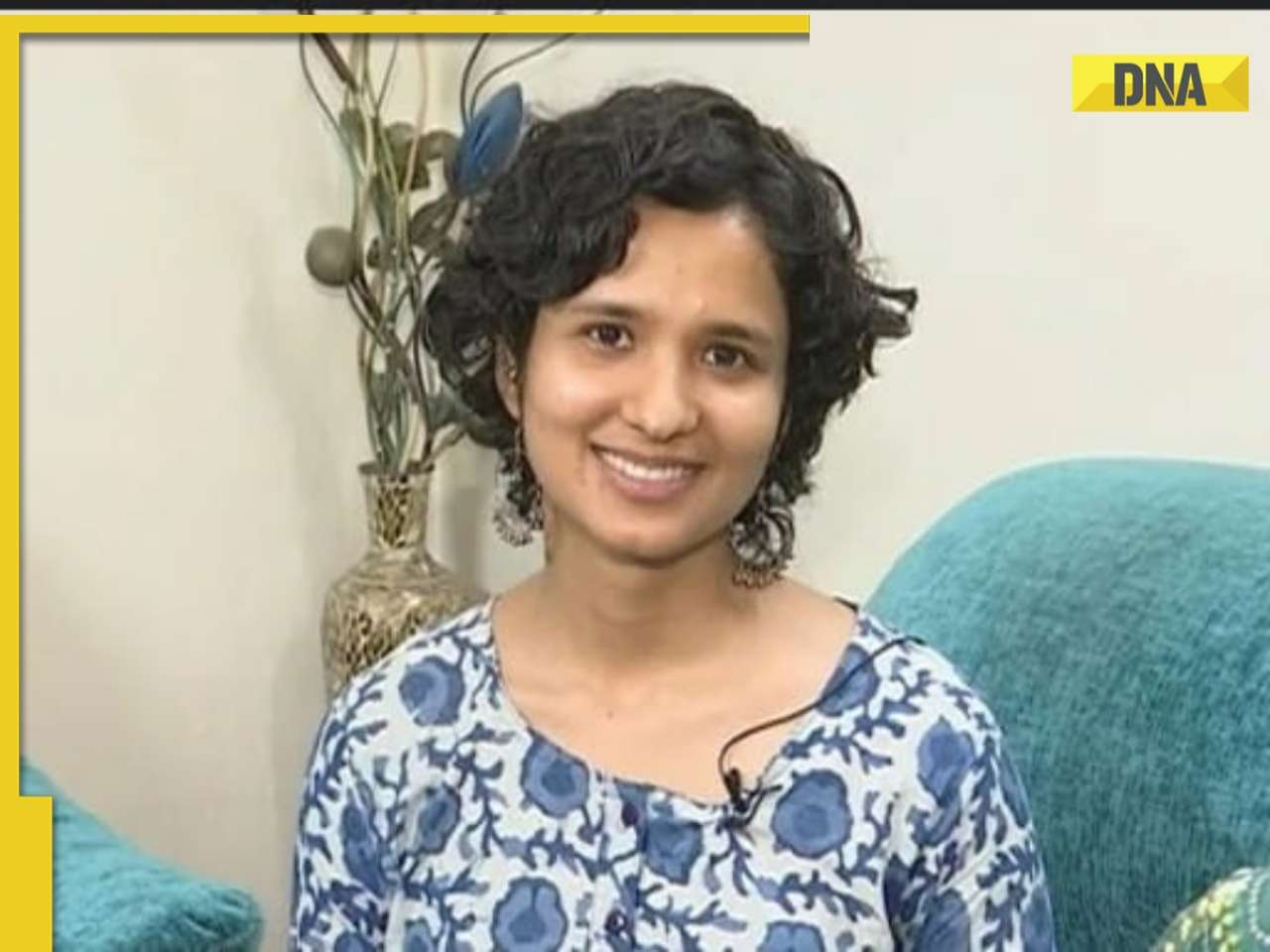

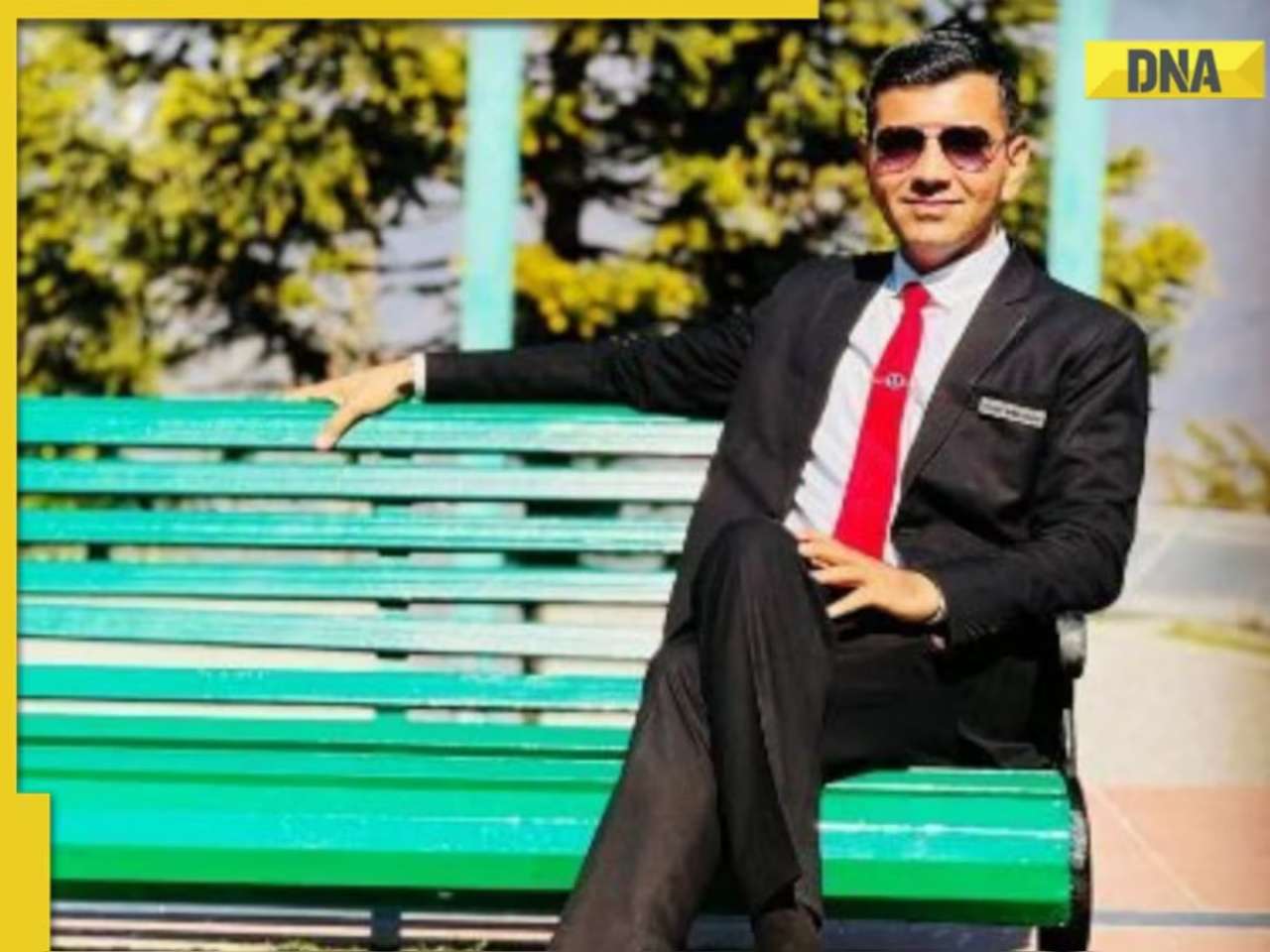
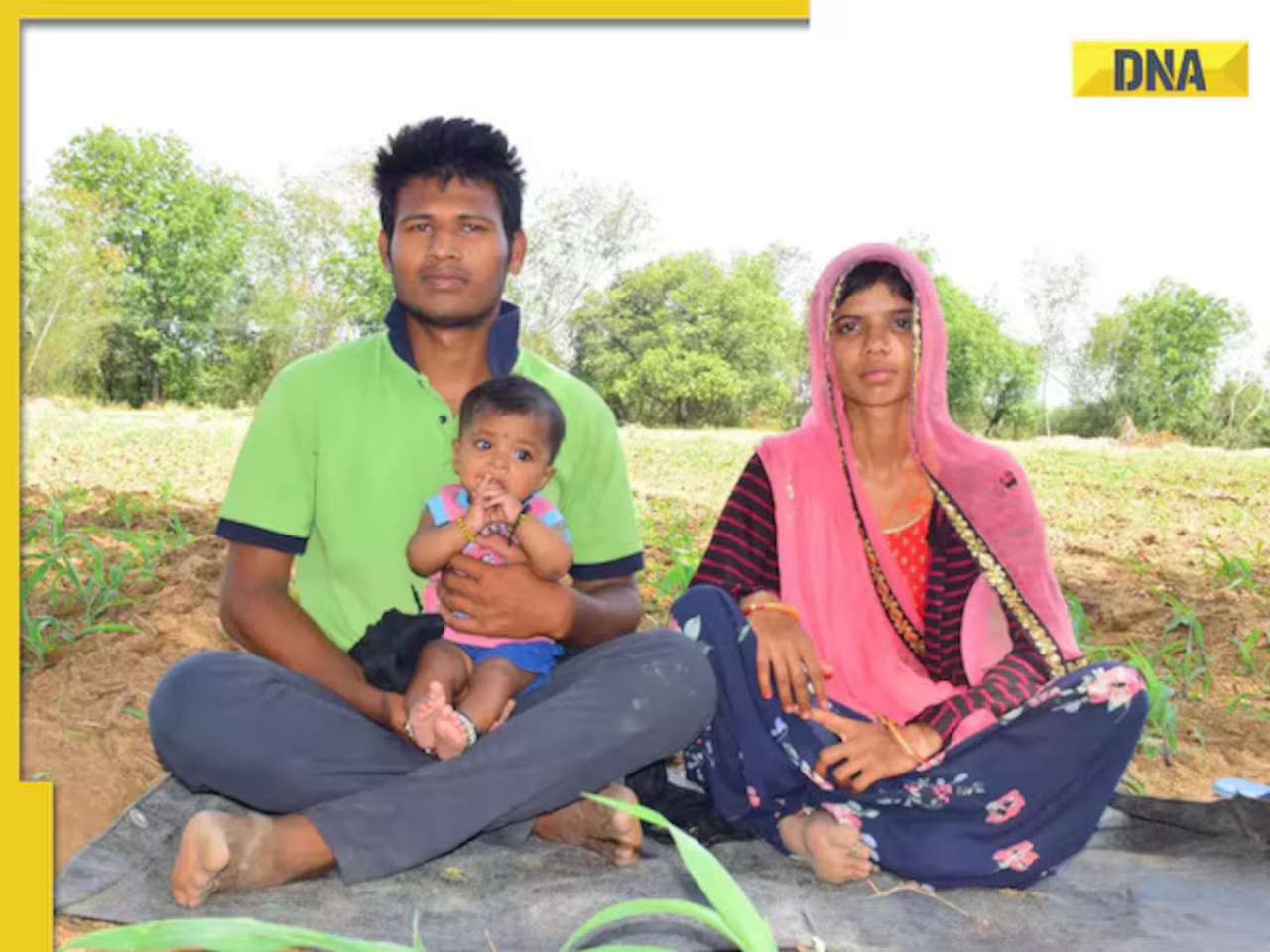
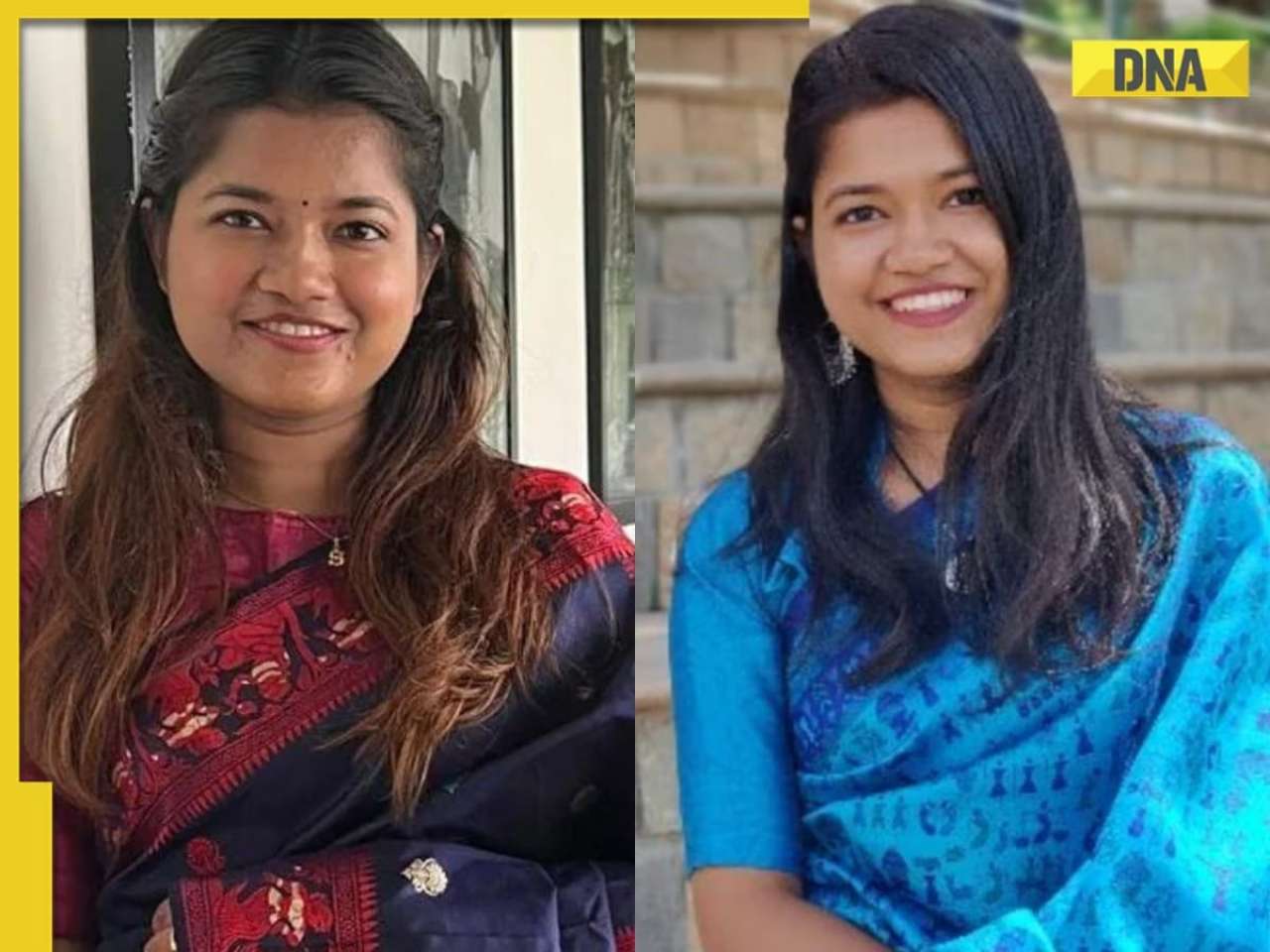


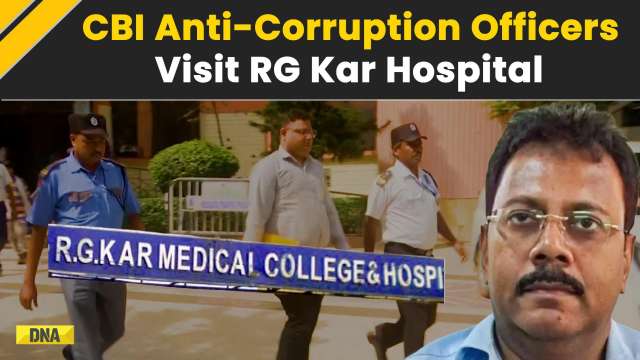








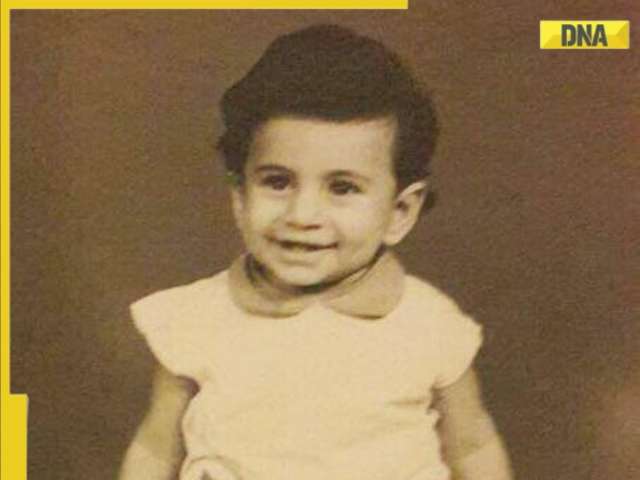



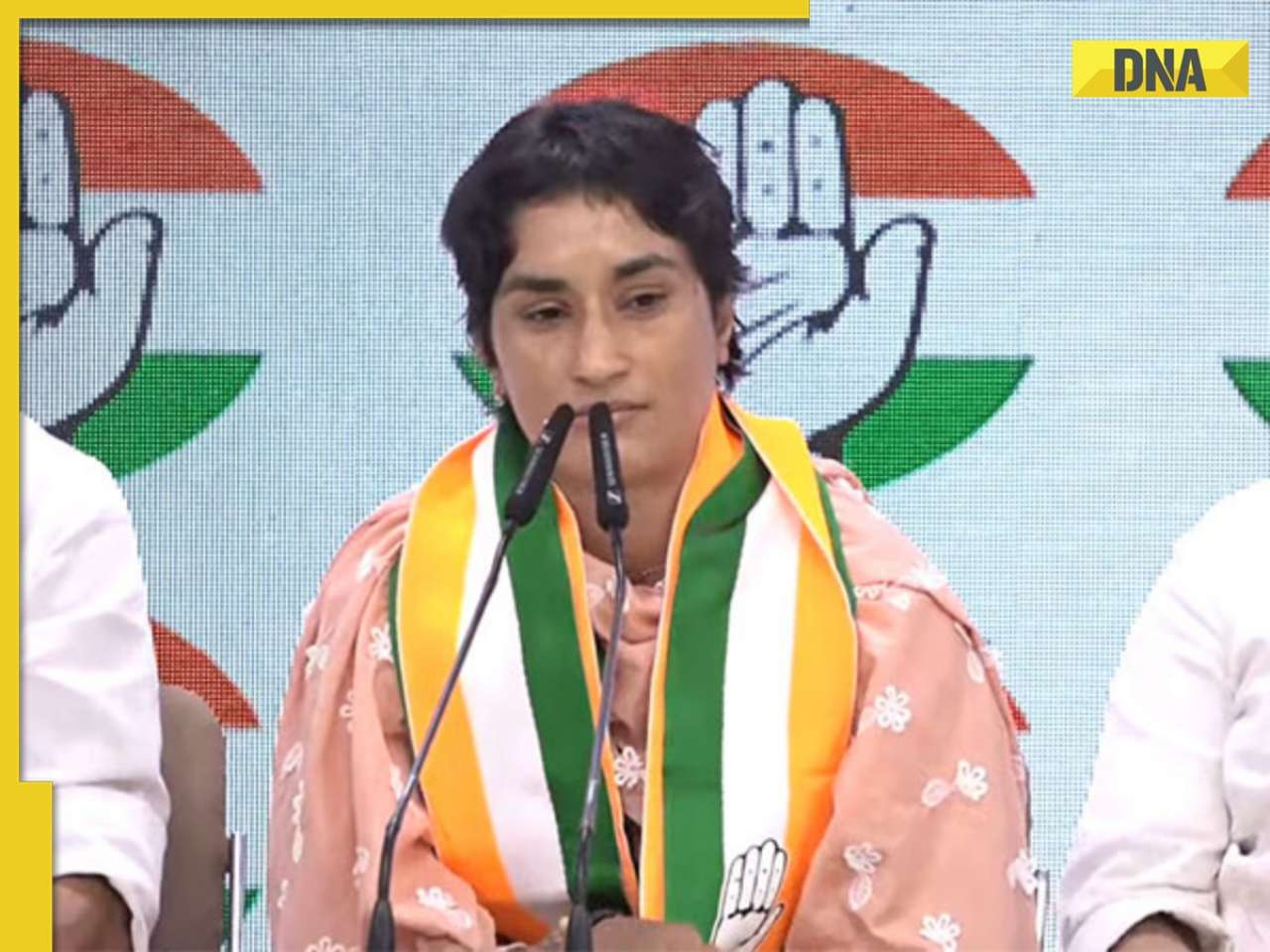

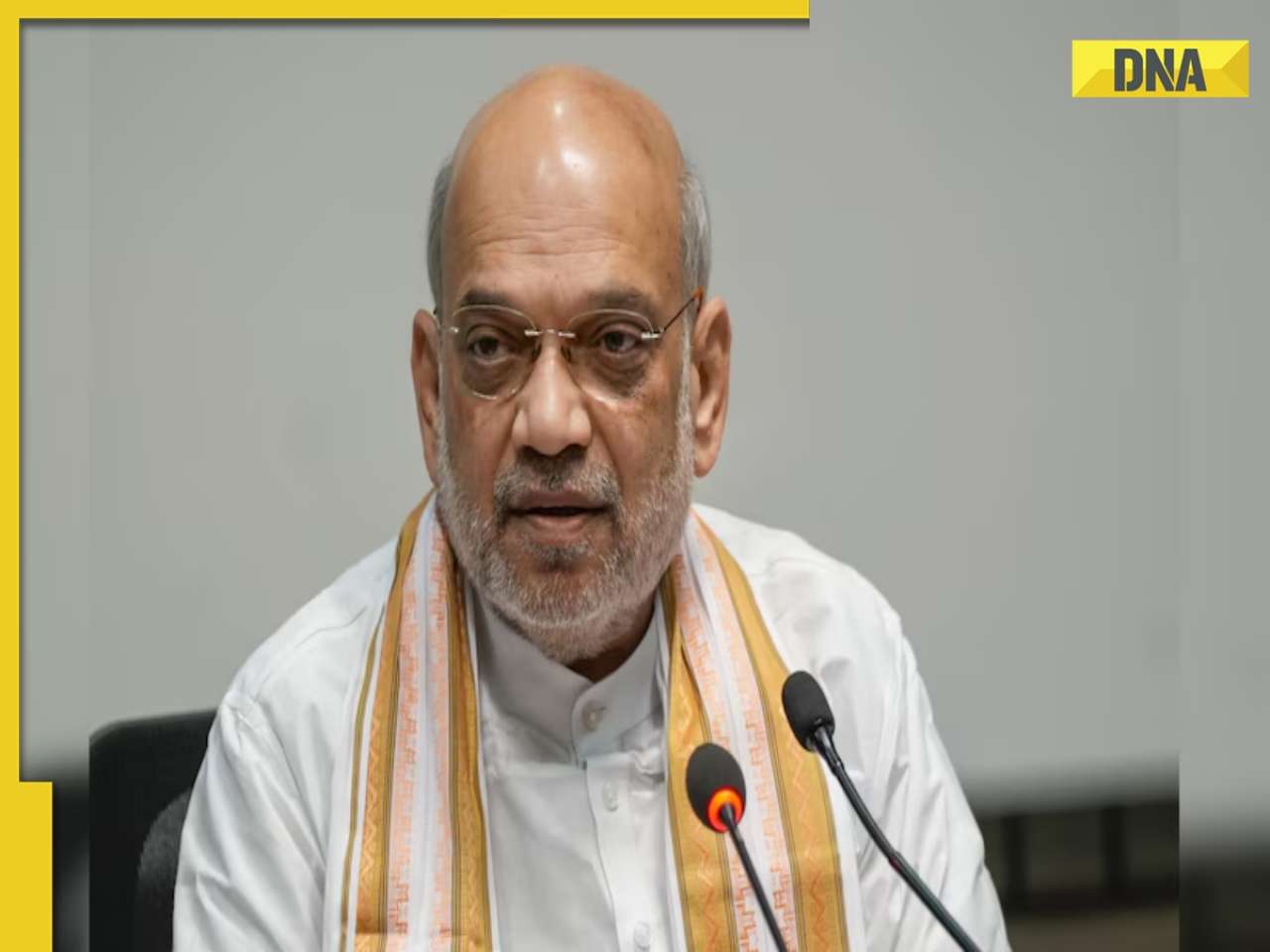

)
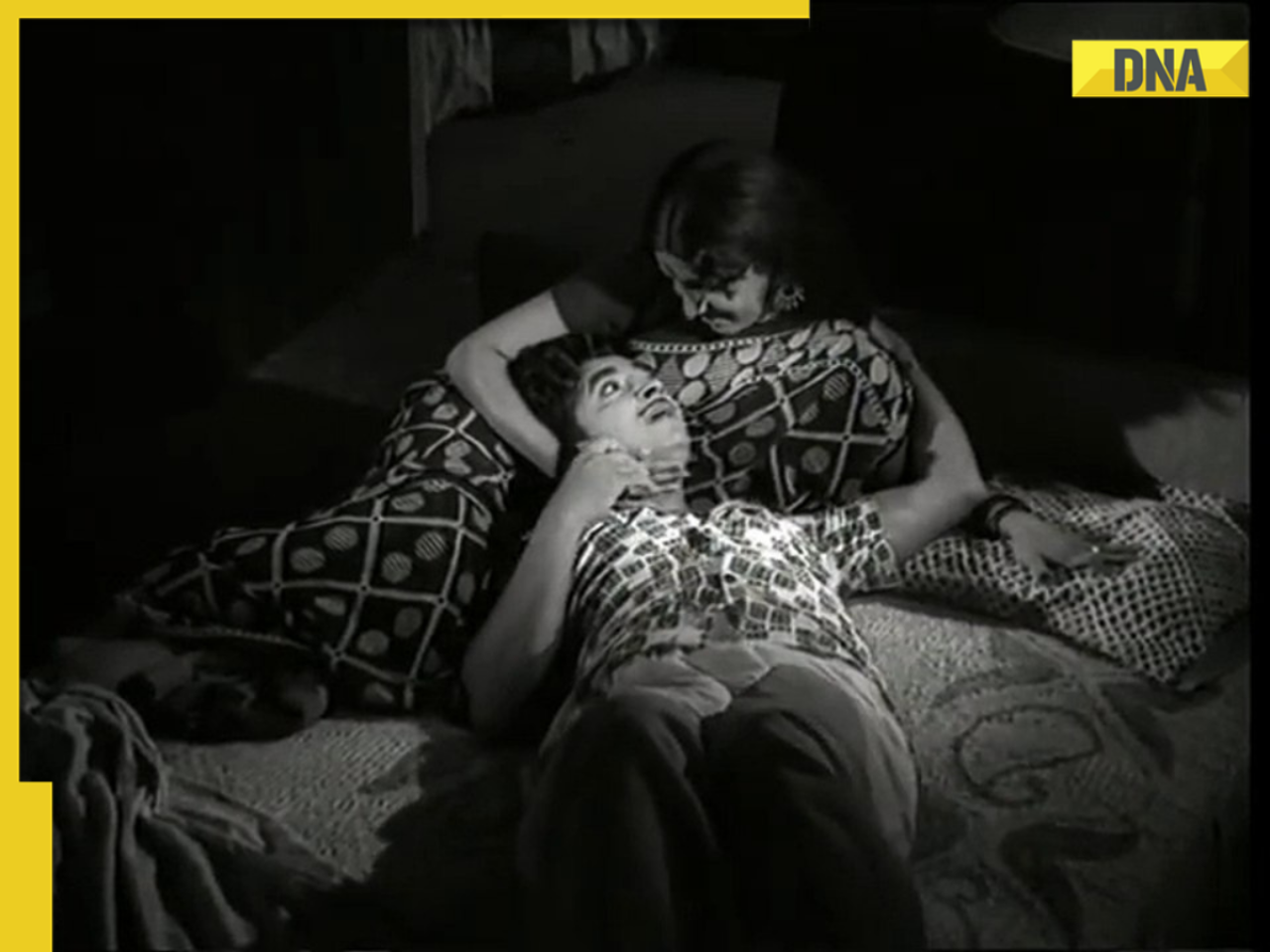)
)
)
)
)
)
)
)
)
)
)
)
)
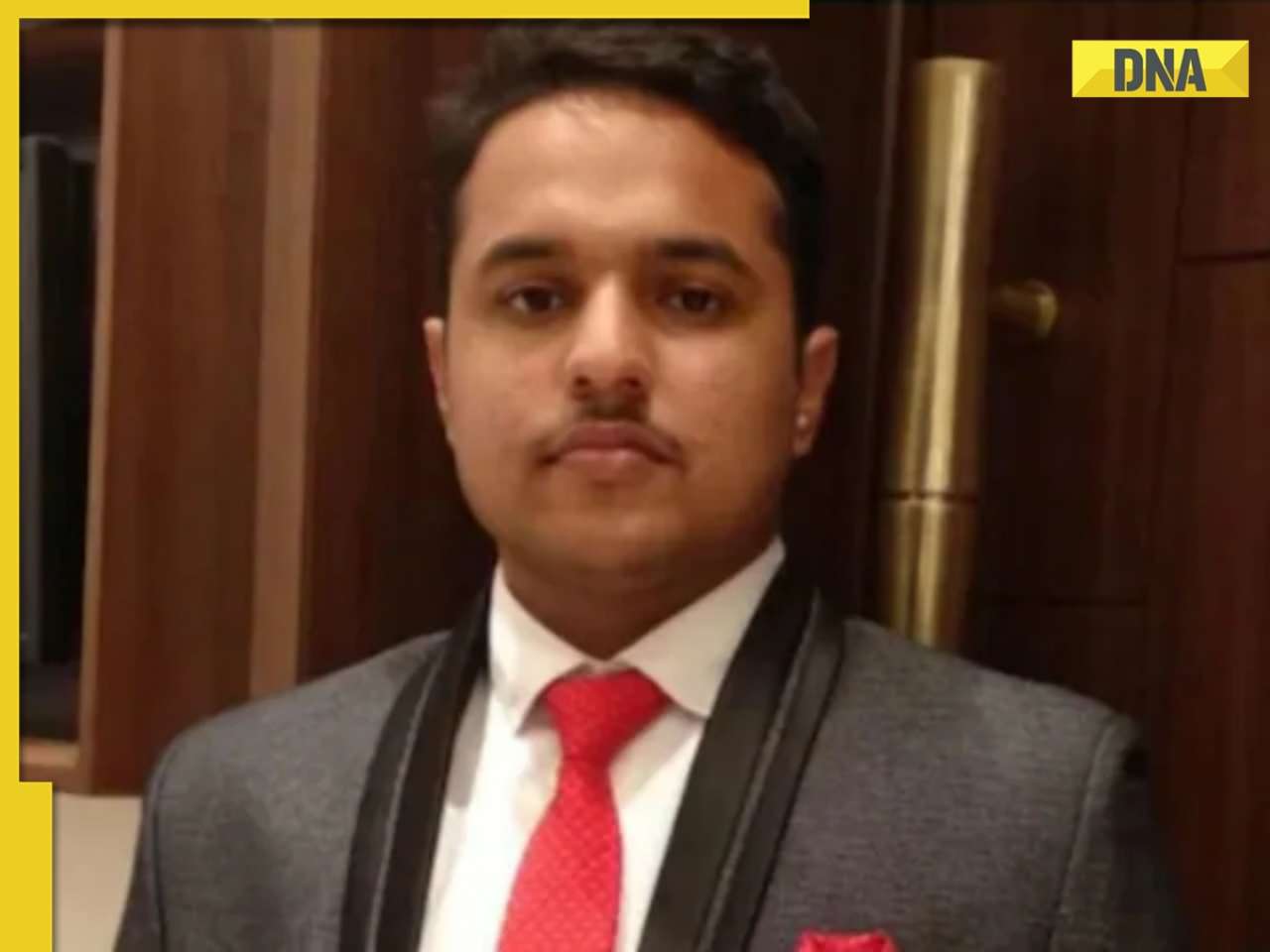)





)
)
)
)
)
)